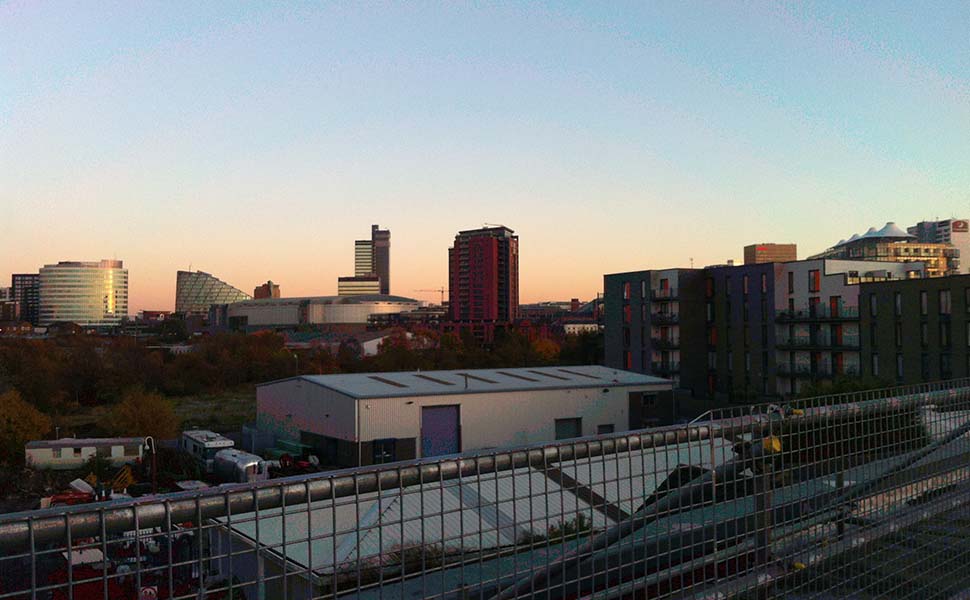
How do you govern sustainability?
Greater Manchester is a city-region in the North of England with the ambition of becoming a Low Carbon Hub. It is a huge challenge why this requires fundamentally rethinking how the region is governed to develop and nurture the capacities needed to enable a more sustainable transition.
This is the background to Greater Manchester’s study on governance, policy and knowledge needs for sustainable cities - a comparative study within the Centre and the Cape Town and Gothenburg LIPs have also put programmes of work together to examine the same issues.
It is a three-year study and its first step was to carry out a baseline assessment to identify perceived challenges in how Greater Manchester is governed, makes policy and develops the knowledge base for sustainability. In the second phase, the project explored what options might be developed to address the challenges. Different stakeholders involved in the project were invited to a workshop, “Options for governing sustainability in Greater Manchester” on November 19th to discuss work to date.
The objective was to share what had been done so far and inform the final analysis - as well as to discuss what actions can be taken to develop a more sustainable Manchester region.
“This was a perfect example of the Mistra Urban Futures ethos in practice”, says Beth Perry, Director of the Greater Manchester LIP. “We had city-regional and local authority representatives and PhD students and representatives of community groups discussing concrete steps to develop a more inclusive and democratic governance system in Greater Manchester.”
During the workshop some tangible recommendations were suggested. The suggestions included focusing bottom-up policies to remove barriers into action, catalysing political action and enhancing the role of research partnerships in linking community and policy priorities.
“It is very pleasing to see that all project partners are committed to working together to turn the proposals into reality”, Beth concludes.
One of the participants was Mark Atherton, Director of Environment, Association of Greater Manchester Authorities and Low Carbon Hub. He remarked:
“The event illustrated the range of activities being undertaken to support Greater Manchester’s transition to a more sustainable, low carbon future and the role of diverse participants in this. We were left with a key question - how do we meld grass roots experience and innovative practice with more traditional forms of knowledge to inform policy, democratic governance and programme development?”
Read more about the study Governance, Knowledge, Policy for Sustainability in Greater Manchester